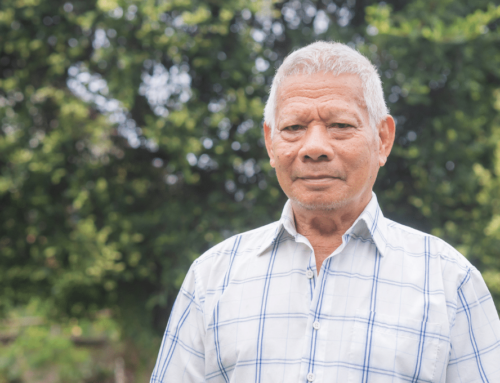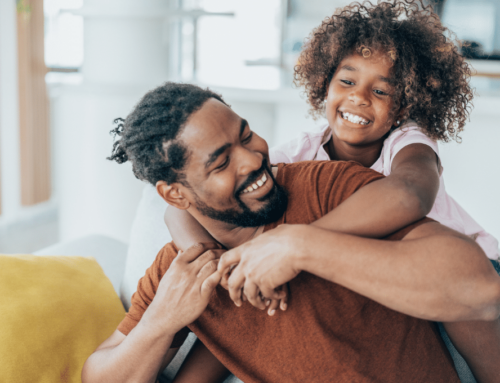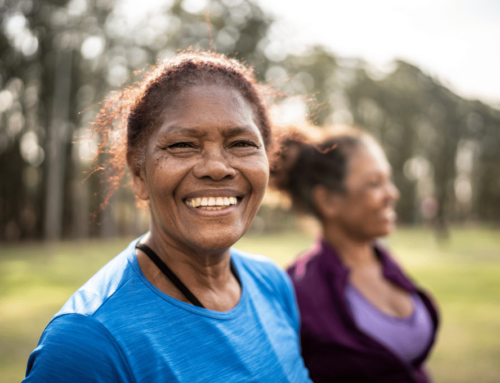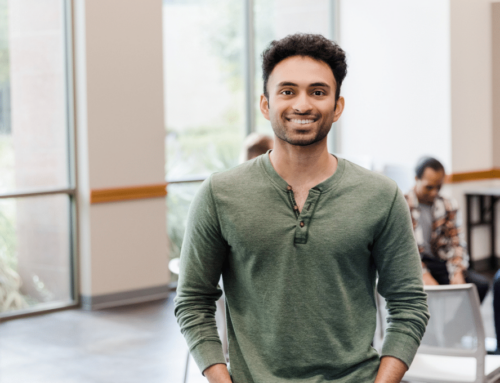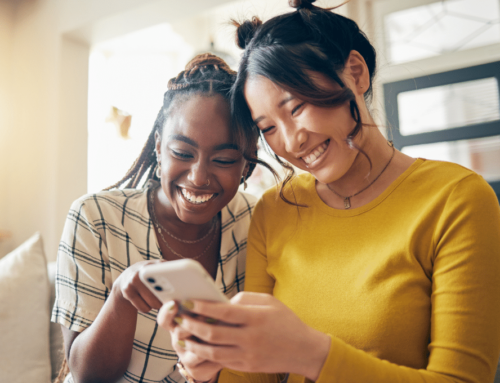Mental health differs for many individuals based on their background and experiences. According to Mental Health America, sixteen percent (4.8 million individuals) of Black and African American people in the U.S. reported having a mental illness – that’s more than the populations of Philadelphia, Chicago, and Houston combined. While mental health conditions occur at the same or less frequency than in White Americans, studies show that stigma and disparities in access to care prevent many in the community from seeking treatment.
This Black History Month, we’re featuring Black influencers in the mental health space to promote the importance of understanding how mental health issues affect the Black community. Check out our list of impactful influencers dedicated to spreading awareness, sharing resources and creating positive change.
Black Mental Health Alliance (@bmhaofficial)
As a trusted mental health organization for marginalized communities, the Black Mental Health Alliance hosts events and conversations surrounding the intersection of diversity and mental health. The BMHA promotes appropriate mental health care through understanding culturally relevant approaches and models. Using its social media platform, the BMHA shares videos and posts related to the impact of mental health in Black communities.
Minaa B., LMSW (@minaa_b)
Dedicated to providing a guide for all types of mental health journeys, Minaa uses her platform to make mental health resources available to everyone in a digestible way. She serves as a self-care and mental health educator, discussing topics ranging from managing emotional conflicts to sustainable habits for your mental health.
Therapy for Black Girls (@therapyforblackgirls)
Led by licensed psychologist Dr. Joy Harden Bradford, host of the podcast Therapy for Black Girls, the account highlights mindful therapy techniques, inspirational quotes, educational posts and general mental health resources for the Black community. They are dedicated to breaking down the stigma that sometimes prevents Black women from seeking treatment.
Raquel Willis (@raquel_willis)
Raquel Willis is a thought leader on gender, race, and intersectionality. As a GLAAD award winner and leader in transgender rights, Raquel speaks on behalf of Black trans liberation, organizing marginalized communities for social change and public speaking through her digital platform. Her page focuses on spreading Black joy and combatting gender norms.
Marie Beecham (@mariebeech)
An advocate for Diversity, Equity and Inclusion, Marie Beecham hosts the Changemaker Podcast to help individuals learn ways to make a difference. Her podcast discusses the importance of learning about minority communities, sharing resources to pioneer change, and how to be an active listener. Marie often shares video clips on her Instagram page referencing topics discussed in her podcast.
Additional influencers to Look Out For:
- Latham Thomas (@glowmaven)
Self-care supporter, mental health advocate, and author - Rest for Resistance (@qtpocmentalhealth)
Uplifting art, writing & events by QTPOC - Tabitha Brown (@iamtabithabrown)
Vegan chef and mental health advocate; known for cooking videos / encouragement - Rachel Cargle (@rachel.cargle)
Resources focused on the Black experience and combining race, mental health, and womanhood - Rwenshaun (@rwenshaun)
Licensed psychotherapist who discusses his experience as a Black man in America - Jessamyn (@mynameisjessamyn)
Body-positive activist who uses yoga to encourage rejecting outdated mentalities around the fitness industry - Rachel Ricketts (@iamrachelricketts)
Activist striving to help Black and indigenous women reclaim their freedom - Wesley Taylor (@wesleytaylor)
Portrait and lifestyle photographer capturing life’s most special moments - Ailsa Emmel (@_happygocurly_)
Certified nurse-midwife spreading knowledge about women’s health
Oaks understands the importance of combining diverse resources with our mental health programs. If you or someone you love is struggling with mental health, consider speaking with a mental health professional to navigate the process. To learn more or schedule an appointment, call our Access Center at 1-800-963-3377.


